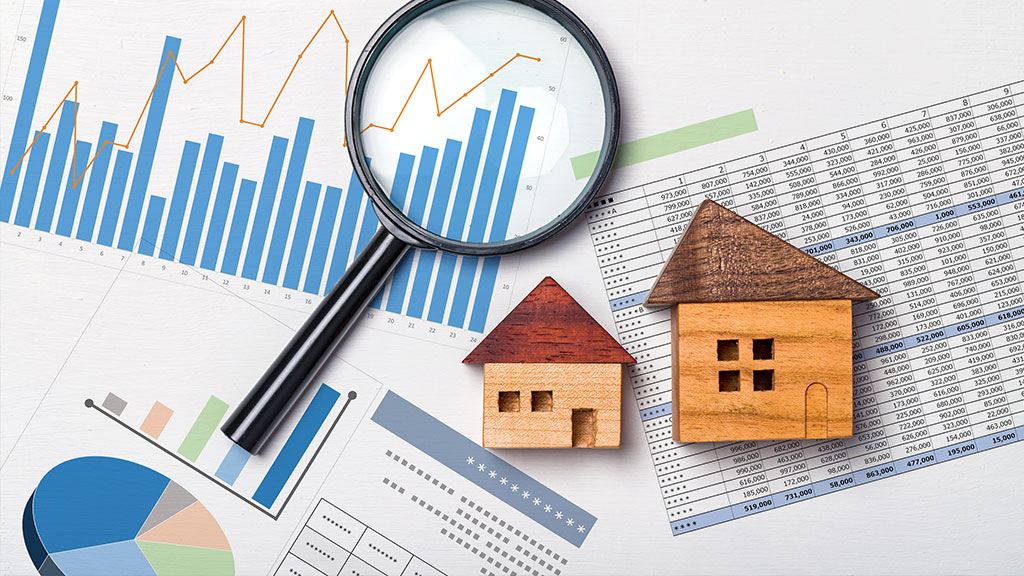
Nope, Denver’s Real Estate Market Bubble Isn’t Bursting Anytime Soon
In 2020, U.S. News & World Report named Denver as the second-best place to live in 2020-2021. With the city’s rising popularity comes a rising cost of housing, and many people are wondering… Will the bubble burst soon? We want to break down the projections and share some insights into why Denver’s real estate bubble isn’t expected to pop any time soon.
What is a real estate bubble?
A real estate bubble — also called a housing bubble — is created when housing prices rise very quickly. These increases are fueled by boosts in demand, limited supply of homes, and speculators (think: investors and fix-n-flippers) entering the market. All of these things drive demand for houses up even more, which creates the so-called housing bubble, where prices are higher than in other areas.
While real estate bubbles develop and “burst” all the time, the real question comes when trying to decide to purchase in an area. If you buy now, are you buying at the top of the market? Should you wait until some of the market value goes down? Looking at projected home prices and trends in the area you’re interested in can help.
Denver’s current housing market trends
Just as we forecasted in our 2021 Colorado housing predictions, home prices are on the rise in Denver, and the city is clearly booming in popularity. Plus, with the COVID-19 pandemic still affecting the country, there’s even more demand in the area.
Moving to the Rocky Mountain area
Real estate experts say that Denver is becoming a top choice for those who currently live on the East and West Coasts and want more affordable living and room to roam. And now’s the time to do it, as a huge chunk of the U.S. continues to work from home — because that home can be anywhere. As a result, the housing market has rapidly become incredibly competitive and prices have gone up as demand increases.
Low supply for homes on the market
According to the latest trends report from the Denver Metro Association of Realtors (DMAR), home prices are up 9.7% year-over-year. The average list price of homes sits at $525,000, with real estate sales totaling $33.1 billion dollars. But the biggest driver for the housing bubble? The all-time record low supply.
In December 2020, DMAR reported a record-low number of listings — only 2,541. To put that into context, the average number of active December listings from 1985-2019 is nearly 13,000, and the record-high number of listings happened in December 2007 with 24,603. DMAR Market Trends also indicated that Denver started off 2021 with historically low inventory, high buyer demand, and low interest rates. In other words: It doesn’t seem that the housing bubble will burst anytime soon.
What should Denver-area homebuyers know about the market?
There’s still plenty of reason to look for a house in the Denver area — even with the current bubble. While higher housing prices may feel discouraging at first, Denver offers a comparatively low cost of living and low mortgage rates for many buyers.
Our advice? Opt for a community near Denver that’s much more affordable. In Lakewood, CO, the median list price of homes is more than $50K cheaper than Denver. And you still get all the perks of the mountains, outdoor life, and easy transportation into the city.
In communities like West Line Village, you can find new homes with modern, energy-efficient floor plans and amenities. Virtual live tours are available, or you can set up a socially distanced in-person appointment.